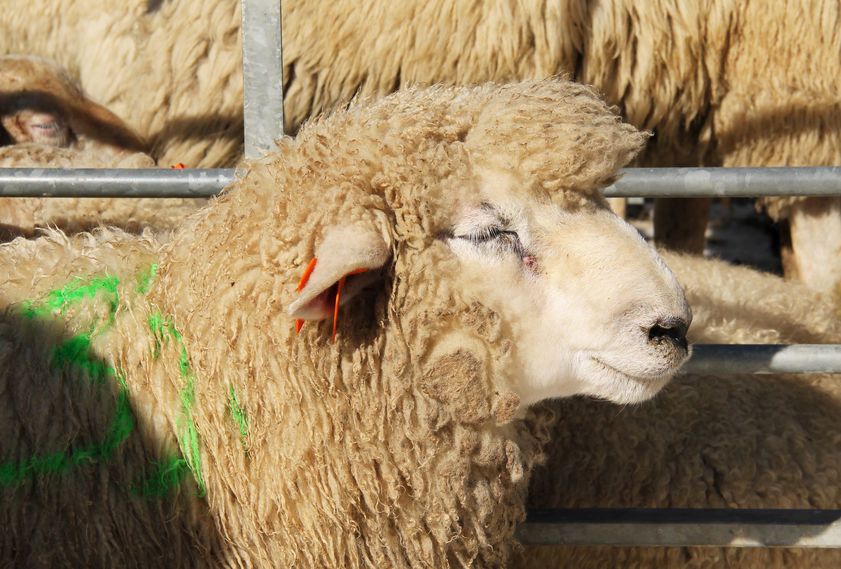
Sheep farmers are encouraging policy makers to give 'equal attention' to the development of the UK market when promoting British lamb.
Calls have been made by the sector urging the government to channel sufficient resources into promoting produce to the domestic market as well as internationally.
It follows a report by parliamentary committee EFRA which suggested that the government lacks ambition in the promotion of British food abroad.
While the report was welcomed for highlighting the importance of international markets, sheep sector leaders said the domestic market is just as important.
The National Sheep Association (NSA) said the UK market still accounts for the lion share of domestic production.
Phil Stocker, NSA Chief Executive, said: “This report is welcome and its absolutely vital to channel sufficient resources into promoting our world class produce across the globe.
“However, our belief is that this needs to be done alongside an equal recognition of the importance of our own markets here in Britain.
“We need a wide range of different market options and this helps provide some resilience against volatility.”
The UK is the foundation of the sheep sector's marketplace and government should be working to make sure it is not lost, he explained.
The sector is also concerned that government policy will increasingly favour importing cheaper, lower quality food as consumer trends show British shoppers favour cheaper price tags.
Mr Stocker added: “While investment in overseas trade is essential to support seasonal variations and carcase balance our domestic market must be recognised as being of equal importance and in need of equal and proportionate level of investment.
“If we are to get greater public backing for what we do then it’s important that our products, and the standards they are produced to, are valued here.”
He said British consumers would buy more British produce if they were better informed of the higher standards behind UK food production.
“A cheap import policy for food is not a responsible approach and does not provide adequate food security for the future.
“There is absolutely no sense in being concerned about the environment, animal welfare and species loss here and then investing in environmental damage and poor welfare in other countries across the world,” Mr Stocker said.
